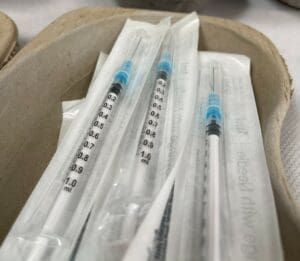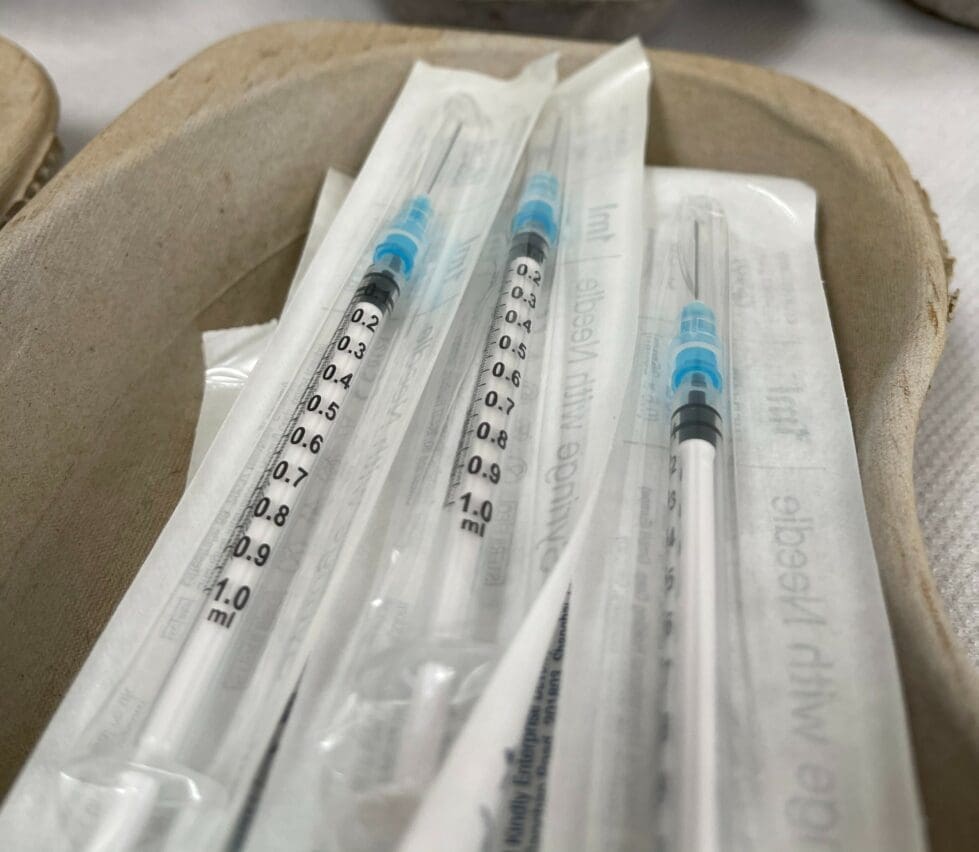

Senate passes change to syringe exchange program.
A bill that passed the Senate Thursday would allow the state’s sterile needle exchange to give away clean needles, without the client trading in a used one.
Senate Bill 52, sponsored by Sen. Marie Pinkney, D-Bear, would change the Sterile Needle and Syringe Exchange Program into the Sterile Needle and Syringe Service Program and allow people to receive needles on an as needed basis instead of a one-for-one trade.
The bill passed along party lines 15 to 5, and a Republican amendment was defeated.
A short exchange between Pinkney and Sen. Eric Buckson, R-Dover, revolved around his proposed Senate Amendment 1, which would have limited the agency from providing unlimited needs. Instead, it would allow a one-for-two exchange and limit the number of clean needles per visit to 10.
Buckson said that he has spoken to former students of his who have experienced addiction, and they tell him having an unlimited number of needles would be detrimental to addicts.
“Contact is the key. Do the studies. Contact’s the key,” Buckson said. “And when you go 0 for 20, you reduce the number of times that addict comes in contact with the very folks who are capable of helping them.”
Pinkney said research she has seen means that limiting the number of needles per visit would be more harmful.
“I am one who works in grounded research, and the research has shown to us and proved to us that a needs-based approach is the most effective method for clean injection use,” she said.
After his amendment failed, Buckson said that he would strike his second proposed amendment, Senate Amendment 2, rather than have “any more exercise in futility.”
That amendment would have limited the number of needles allowed per visit to 10.
Before the roll call for the bill, Buckson read into the record the story of someone named Amber.
“‘You give me no cap, you give me the opportunity to get 20 while I’m actively addicted, you’re creating commerce,” Buckson said. “I will barter half of them for the use or supply of a drug or the sale of a needle.’ Her comments, not mine and they should matter in this chamber.”
The bill’s fiscal note estimates it would cost the state $100,000 in the 2024 fiscal year, $103,000 in the 2025 fiscal year, and $106,090 in the 2026 fiscal year.
This is based on an estimated 1,150,000 additional needles that must be purchased at a median of nine cents each.
The bill now goes to the House for consideration.
Share this Post



